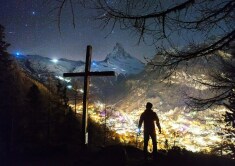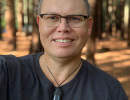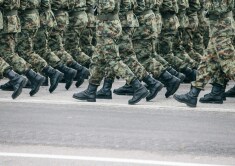
Yielding to gravity (by Jay Matenga)
The text for this month is 1 Corinthians 1:9-10 (NLT), “God will (keep you strong and free from blame), for he is faithful to do what he says, and he has invited you into (koinonia) with his Son, Jesus Christ our Lord. I appeal to you, dear brothers and sisters, by the authority of our Lord Jesus Christ, to live in harmony with each other. Let there be no divisions in the church. Rather, be of one mind, united in thought and purpose.”






